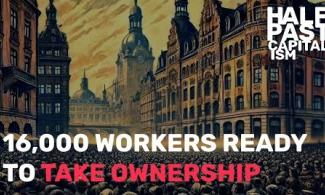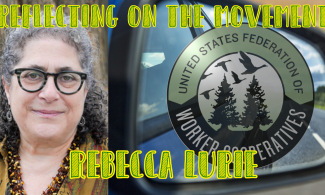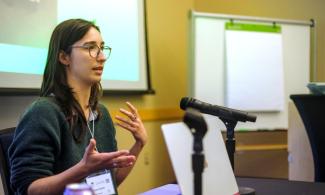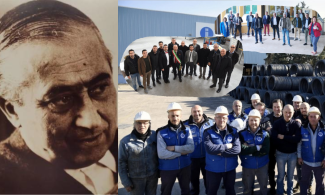Decoding the differences between the Social Solidarity Economy (ESS), Social Entrepreneurship and related initiatives
Online conversation on Yvon Poirier’s analysis, RIPESS Intercontinental on 9 July 12:30 pm Geneva in ENG-FR-CA
July 9 12:30h Geneva time / Online conversion ENG-FR-CAST
Given the significant space that social entrepreneurship has taken up in recent years and the lack of conceptual clarity and values surrounding the current ESS ecosystem, it was necessary to provide a good basis for understanding the difference between social and solidarity economy and social entrepreneurship.






